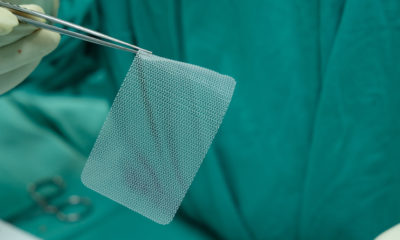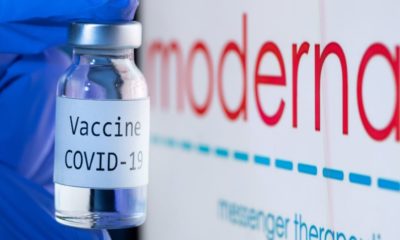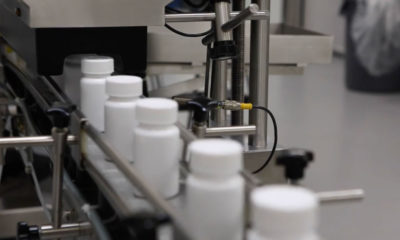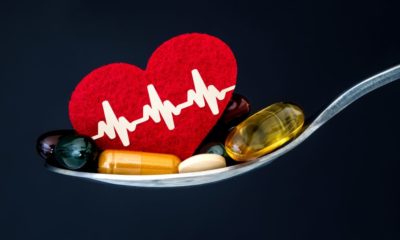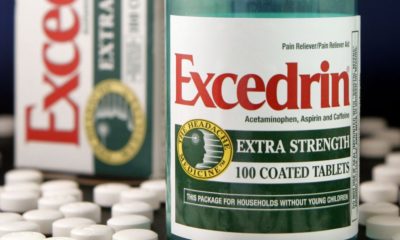A study from the Georgetown University Medical Center shows that toxic chemicals made by people which linger in the environment could impair brain function. This study is believed to be the first to focus on PCBs or polychlorinated biphenyls and the impact to the cells which provide support for neurons and the central nervous system.
How PCBs Impact the Brain
The research was done on the brain cells of mice in laboratory tests. According to researchers, the study shows how important the astrocytes are for brain function and how much they are impacted by PCBs. The astrocytes not only support the neurons in the brain, they regulate communication between them and maintain the barrier between blood and brain. They also repair nervous tissue after an injury occurs. If these cells don’t do their jobs, neurons die.
PCBs have other negative consequences, including disruption of hormone signals, preventing the immune system from working properly and inhibiting reproduction as well as causing cancer. The chemicals are linked with killing certain brain cells in patients with Parkinson’s disease.
These chemicals were popular because they are resistant to heat, stable and insulated. PCBs were used in lubricants, paints, coolants, flame retardants, adhesives and many other products. Production of the chemicals ended in 2001 when the dangers became more apparent. However, their stability means they persist in the environment even years later. PCBs have been linked with the decline of the population of killer whales in existence.
In certain regions of the world, the people may be constantly exposed to these chemicals. At this time, it’s not possible to remove the chemicals from a person’s system. However, the goal is to find ways to compensate for the damage through other treatments, which would help the person continue to function as normally as possible.
PCBs May Cause Many Cancers
PCBs are a probable carcinogen. Studies of the chemicals have shown an increased risk for several cancers, including the following:
- Melanoma
- Liver cancer
- Brain cancer
- Gall bladder cancer
- Gastrointestinal tract cancer
- Biliary tract cancer
It may also be linked to breast cancer. These chemicals may also cause developmental problems for babies when the pregnant mothers are exposed. In one study, the babies who were born to exposed mothers had lower birth weights and head sizes. They also scored lower on memory, behavioral and psychomotor tests for the first seven years.
Today, the most common way to be exposed to PCBs is by eating contaminated fish or breathing the air near contaminated areas. PCBs don’t leave the body, so they can accumulate over time. These chemicals have been found all around the world and they don’t go away. Many experts believe that PCBs can spread through the air along with the water. Higher concentrates of the chemicals are found with more exposure. For instance, a child born to a mother who was exposed may have a higher concentrate than the parent. Some of these PCBs become nontoxic, but it takes many years for the process to be completed.













